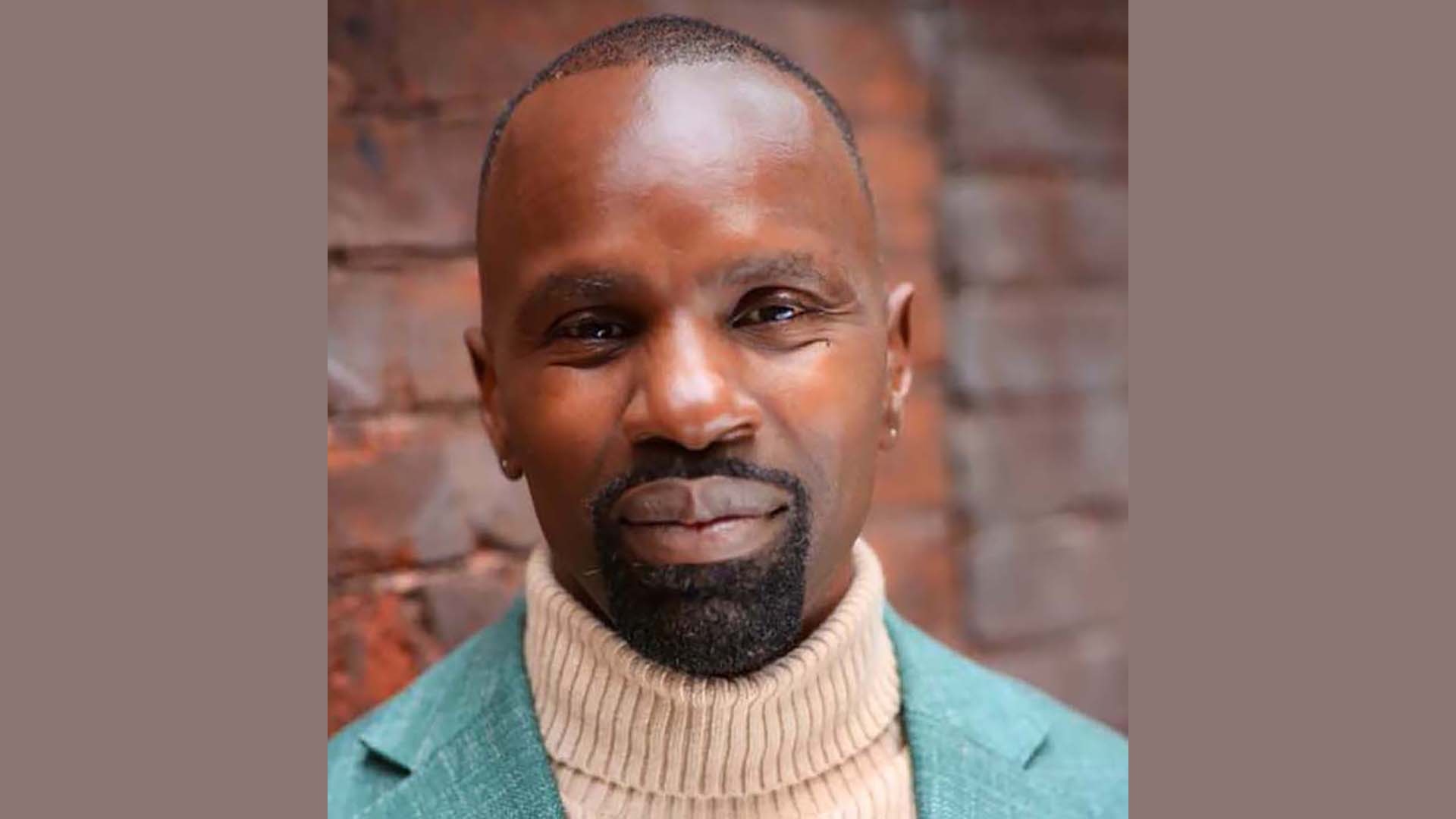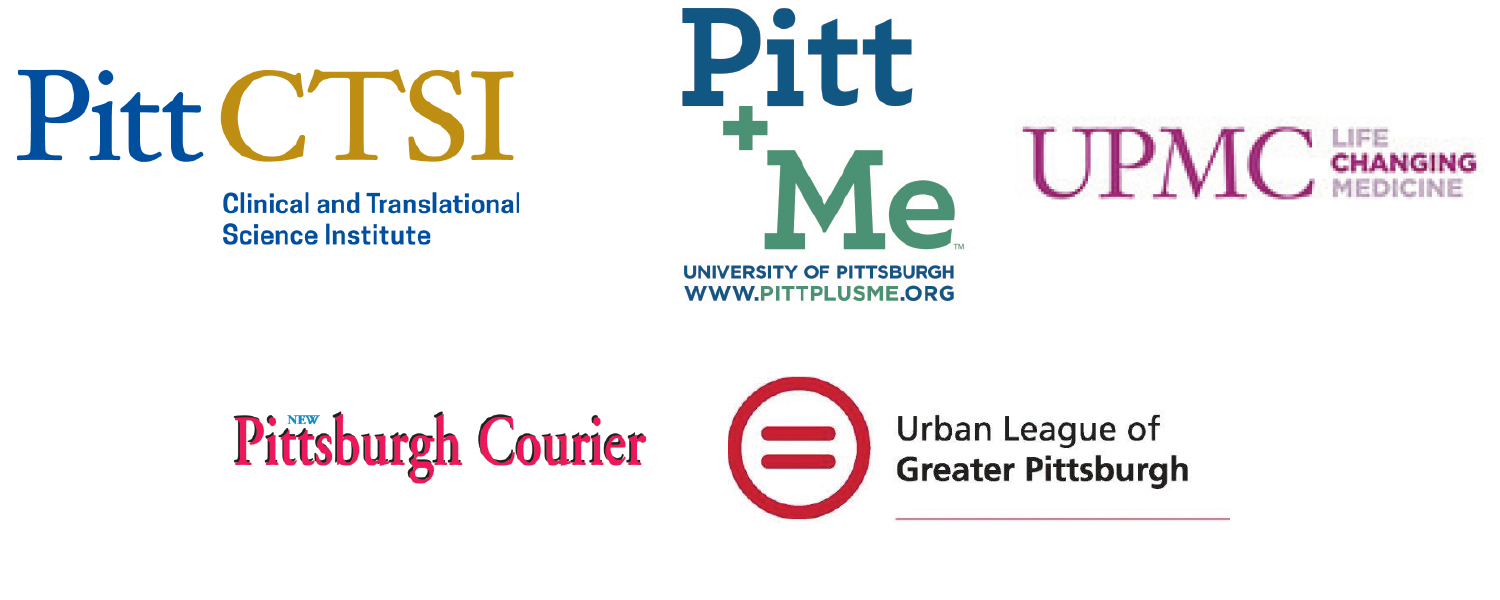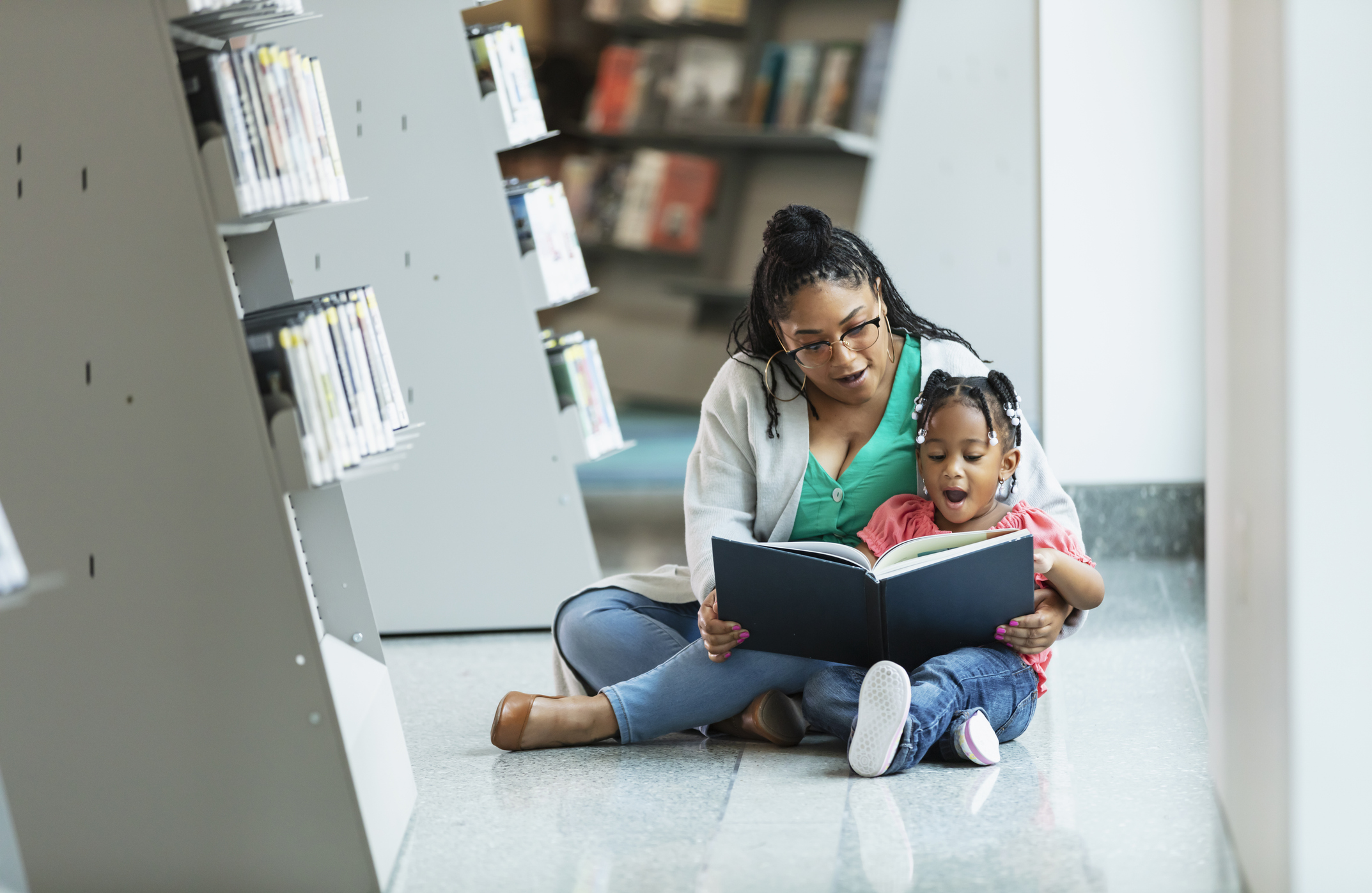Mother and daughter in the library, reading a book. Getty Images Stock Photo
This month’s Take Charge of Your Health Today spotlight is on children and literacy. That includes how important it is for Black children to reach a reading milestone at the end of 3rd grade when students shift from learning to read to reading to learn. Early literacy is tied to long-term school success, graduation rates, and future job opportunities. We asked Carlos Carter, head of the Urban League of Greater Pittsburgh, about how literacy skills help to empower Black children and families and promote education equity.

CARLOS T. CARTER
Q: In this month’s series, University of Pittsburgh’s Dr. Moye talks about a divide in the reading levels between white students and Black students and how social determinants of health — such as access to housing, food, and educational resources — play a part in this performance gap. Can you expand on this?
Carlos: Social determinants of health shape the overall environment in which children grow and learn. For example, frequent moves and housing instability can disrupt a child’s education. Access to nutritious food is vital for cognitive development and concentration in school. Lack of educational resources, such as quality learning materials, widens the divide between white children and Black children.
The Urban League is addressing these barriers in our daily work. One of them is the lack of books for children. To make up for that, we’re providing gateway books, such as comics, that feature familiar childhood characters from movies and television to children at our Family Support Centers in Northview Heights, Duquesne, and East Hills. Through our work, we aim to help children have access to reading material, so they have a better chance of being successful in school.
Q: In addition to a shortage of Black people and characters presented in school learning materials, there’s also a lack of Black teachers and administrative staff. Why is it so important to change that disparity, so it’s more equal?
Carlos: Because representation matters! It fosters a sense of belonging and validates the students’ experiences and identities.
Increasing the number of Black teachers can provide role models for Black students. Diverse books in the curriculum are equally important as they reflect the students’ backgrounds and experiences, promote engagement, and create a deeper connection to learning. The books also help to combat stereotypes and broaden all students’ understanding of different cultures and perspectives.
The Urban League advocates for more diverse hiring practices within schools and supports programs that focus on recruiting and retaining Black teachers. It’s important for our children to see themselves represented in their schools’ positions of authority. When they don’t, it adds to their disenfranchisement in the education process. It also increases the cultural divide between administrators and teachers and their students. Many of their teachers, especially those from entirely different backgrounds, don’t understand the challenges our children face daily as they live in “survival mode,” which doesn’t allow them to prioritize learning.
We applaud efforts to work with schools to diversify their curriculum by introducing books and materials that reflect the rich diversity of our communities. Programs like the 3Rs (Reading, Racial Equity, and Relationships) are key to providing racially affirming books that counteract the negative narratives in traditional educational resources.
Q: Along those lines, the Urban League also offers programs to help minority scholars in Pittsburgh during their academic journeys. Tell us about them.
Carlos: We offer several programs that support minority scholars throughout their academic careers. The programs aim to bridge the academic divide and provide the necessary tools for success. For example, in addition to our Family Support Centers, our Center of Economic Self-Reliance runs our Black Male Leadership Development Institute and Black Female Development Institute (BMLDI and BFLDI) which connects 9th – 12th grade young adults with each other and trusted community mentors.
Through these comprehensive programs, the Urban League helps Black and other minority scholars overcome barriers and achieve their educational goals, contributing to a more equitable and just region.


